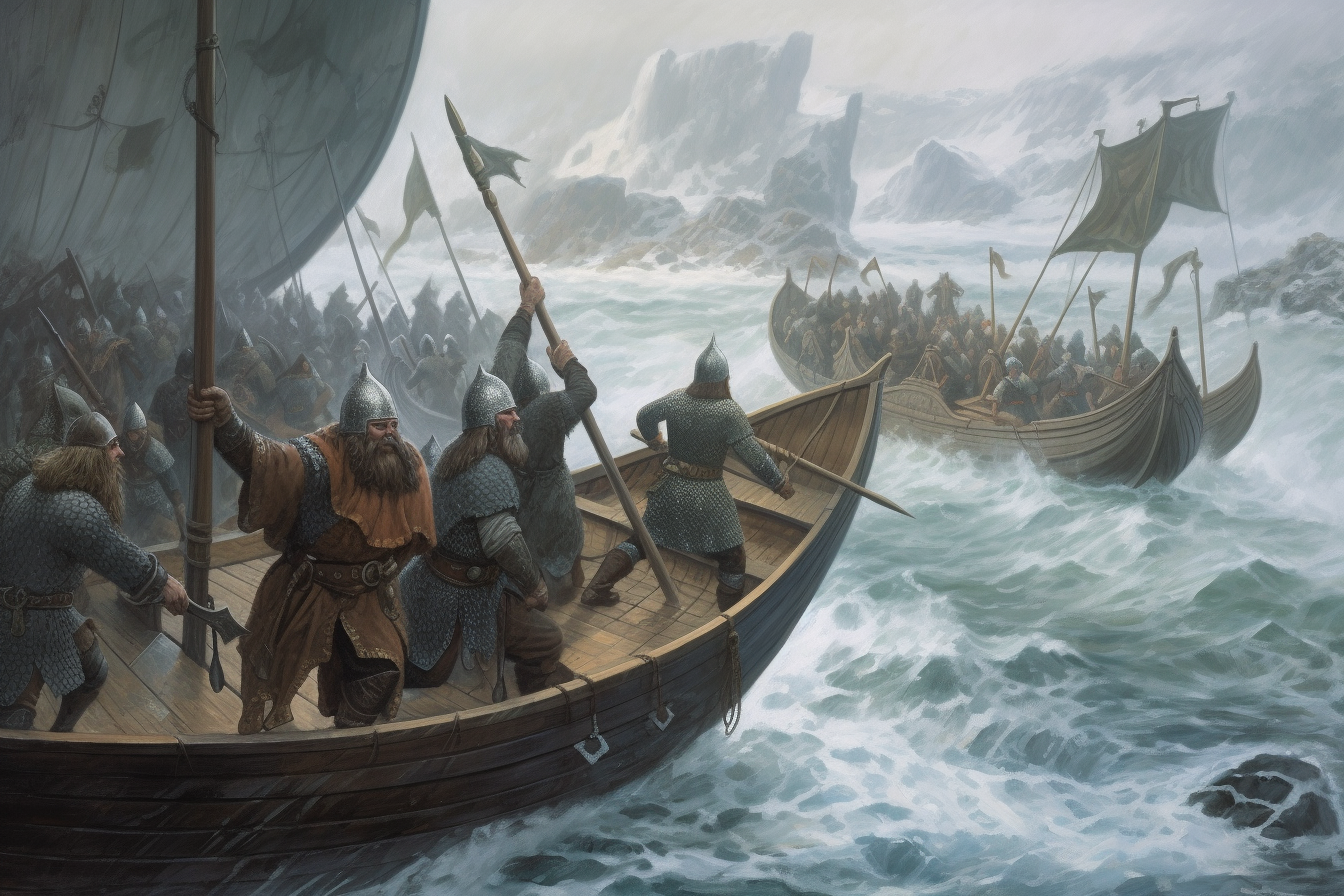One of the first Apocalypse Engine (Powered by the Apocalypse) hacks, originally crowdfunded in 2013, Sagas of the Icelanders by Gregor Vuga focuses on playing out a historically accurate campaign within Iceland. There’s an emphasis on gendered roles, and playing against or toward gender expectations, which may not be for every table (male moves, a Man playbook, female moves, a Woman playbook, etc.). There’s little to nothing of the supernatural; the focus is on society and feuds.
You may want to limit some of the historicity: the lack of nobility and kings is great, but the presence of slave ownership and a thrall playbook may cross a line for some, and the optional rule about transvestism being punishable will hit too close to home for many Americans.
The playbooks range from the generic (The Child, The Man, The Woman) to the gender specific (The Matriarch, The Goði, The Seithðona, The Shield-Maiden, The Huscarl) to the setting specific (The Wanderer, The Thrall, The Monster).
Random notes:
- The use of gods as names of different types of fronts with corresponding moves is interesting. For instance, “Thor” has the move “brew up storms”, which can be literal as well as metaphorical storms. No campaign details or preplanned fronts, though.
- There’s very little of the supernatural: the PCs may believe in it, but this isn’t a fantasy setting. (The names of the gods for fronts are GM-facing, not player-facing.)
- The four stats are: gendered, versed, young, and wyrd.
- Some moves have names (playbook moves mainly), some don’t (basic moves, gender moves). Most other systems have genre, flavorful or even punny names. Perhaps the lack of names is to convey a greater seriousness?
- Playbooks have their own hold currency, rolled each session. For instance, the Child’s Strong Fate move: “At the beginning of the session, roll +wyrd. On 10+ hold 3, on 7-9 hold 1. Spend your hold 1-for-1 to give yourself +1 on rolls when tempting fate.”
- Here’s a move that stood out to me for hard it would be to use. “Rough world: When you do an adult’s job, choose a move from another rolebook and roll +versed. On 10+ you get a 7-9 result, on 7-9 you can attempt to get the same, but you’re tempting fate if you try.” It requires visibility to all the moves and all the playbooks, including ones not in use.
- An abstract wealth system with 8 tiers of value.
- A move to abstract out large battles: “When you fight with many against many…”
- Rounded out by contributions from Elin Dalstål (“Viking Love Life”), Sage LaTorra (The Monster playbook), Ezio Melega (“The Land without Kings”), and Jason Morningstar (“The Quarter Court”).
- The landscape format of the rules is easy to read on a smartphone.
I especially like the armor saving throw—
When your armor saves you from grave harm, hold 1 for each following piece of armor that you’re outfitted with: a helmet, a shield, leather, mail or lamellar (but not both). Spend as much of your armor hold as you want and roll +hold spent. On a hit it prevents you from enduring grave harm. On 10+ choose 1, on 7-9 choose 2:
• a piece of your armor gets irrevocably destroyed
• you stumble from the impact and lose something important (footing, grip, sight of something…)
• you are inconvenienced (a loose strap, helmet down on your eyes…) and take -1 forward.You regain the hold spent only when you have plenty of time to fix and readjust your armor.
I’ve already adapted one setting based on Melega’s essay about rule without kings, and I’ve incorporated some other Icelandic elements of day-to-day life.
If you’re looking for a Norse-inspired RPG campaign that sticks close to the history, you can’t do better than Sagas of the Icelanders. (If you’re looking for a Norse fantasy RPG campaign, on the other hand, check out The Wyrd of Stromgard for something more traditionally Norse or Bodil’s Gap for something Norse inspired.)

